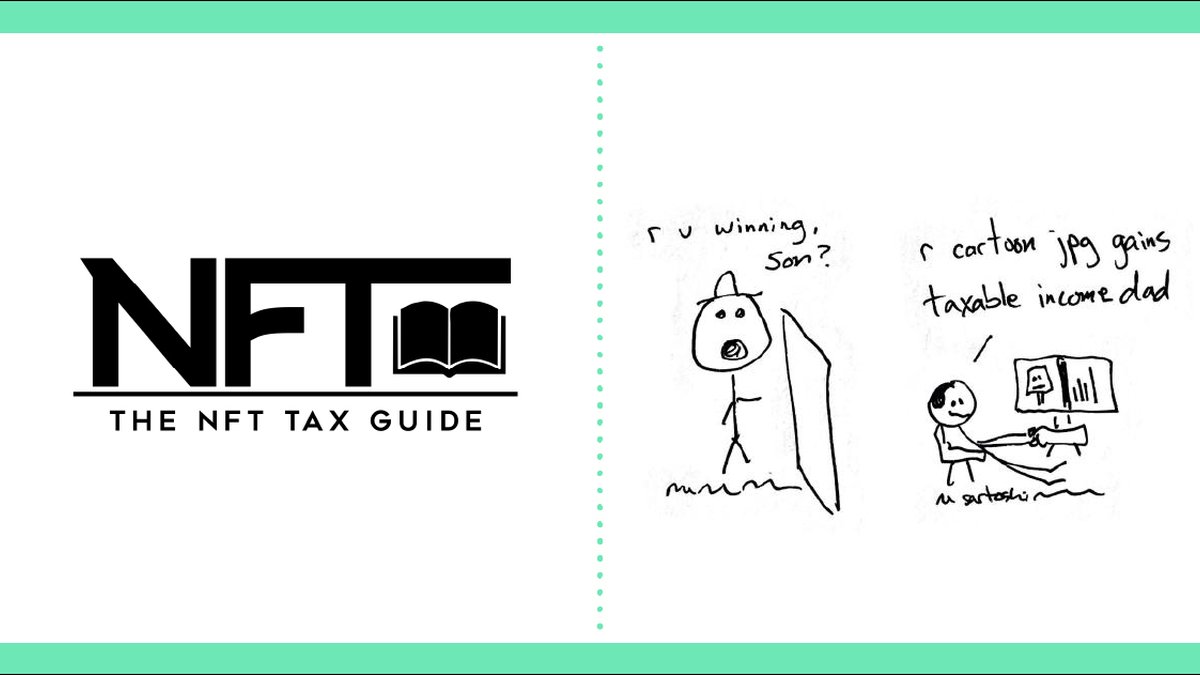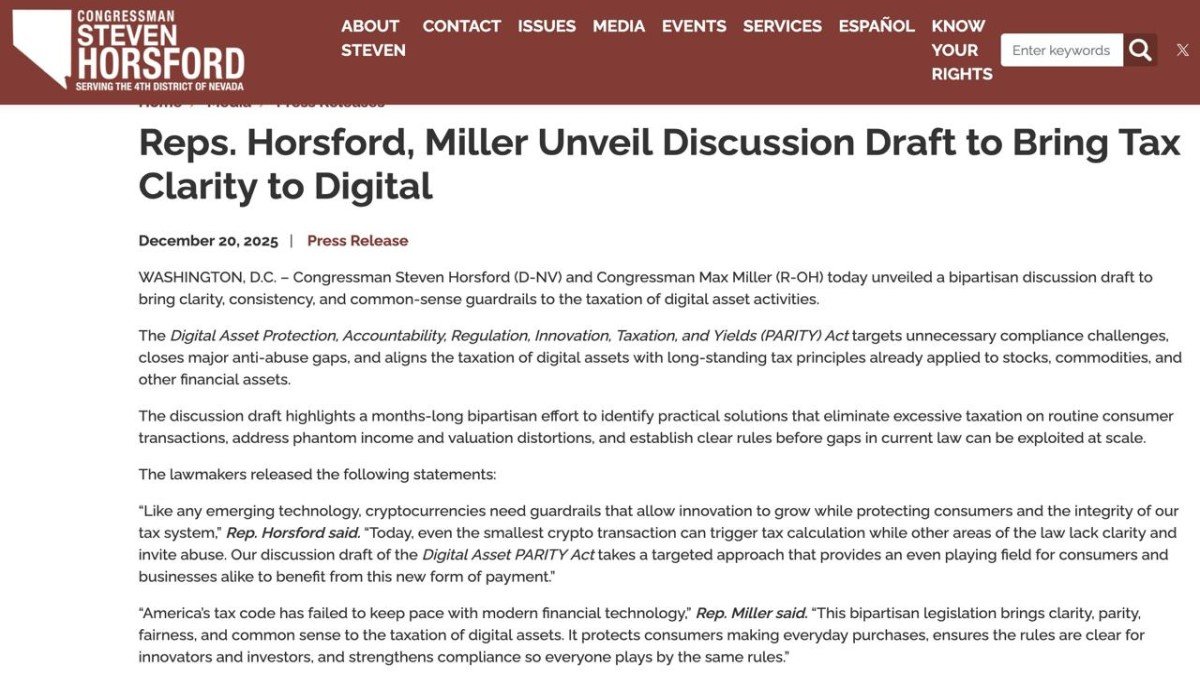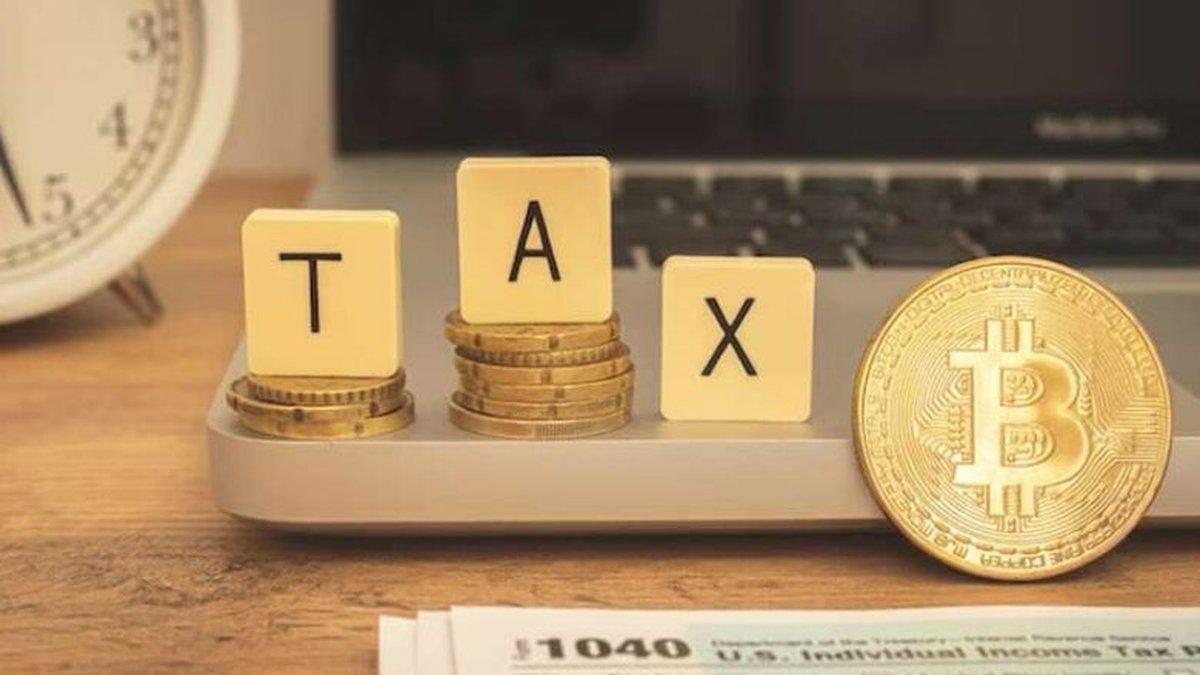NFT Tax Guide: How Creators and Collectors Navigate Taxation
The explosive growth of non-fungible tokens (NFTs) has created new opportunities for artists, collectors, and investors. However, with innovation comes complexity, particularly in taxation. Understanding how NFTs are taxed is crucial for compliance, maximizing profits, and avoiding penalties. This comprehensive guide explores NFT taxation rules, strategies for creators and collectors, and key considerations across jurisdictions.
What Are NFTs?
NFTs are unique digital assets that represent ownership of content such as art, music, virtual real estate, or collectibles. Unlike cryptocurrencies like Bitcoin or Ethereum, NFTs are non-fungible, meaning each token is unique and cannot be exchanged one-to-one with another token. They are typically built on blockchain networks, most commonly Ethereum, and use smart contracts to enforce ownership and provenance.
Why NFTs Have Tax Implications
Every time an NFT is minted, sold, or traded, it can create a taxable event. Tax authorities worldwide are treating NFT transactions similarly to cryptocurrency transactions. Depending on the jurisdiction, NFTs may be subject to:
- Income tax – for earnings from sales or rewards.
- Capital gains tax – for profits realized from selling NFTs.
- Self-employment or business tax – for creators conducting NFT sales as a business.
Understanding these implications ensures that both creators and collectors report income accurately and claim applicable deductions.
NFT Taxation for Creators
Creators generate income when they sell NFTs, whether through primary sales or royalties from secondary market transactions. Tax treatment can vary based on whether you are considered an independent creator or a business.
Income Recognition
Most jurisdictions consider the sale proceeds of NFTs as ordinary income. For example, if an artist mints an NFT and sells it for $10,000 worth of Ethereum, the FMV of Ethereum at the time of the sale must be reported as taxable income.
Deductible Expenses
Creators can often deduct expenses related to creating and selling NFTs. Examples include:
- Blockchain gas fees for minting NFTs.
- Software subscriptions for digital art tools.
- Hardware costs (computers, tablets).
- Marketing and promotion expenses.
Proper record-keeping of these expenses is critical to reduce taxable income.
NFT Taxation for Collectors
Collectors may buy, sell, or trade NFTs, and these actions also trigger tax obligations.
Capital Gains
When an NFT is sold or exchanged for a higher price than it was purchased, the difference is considered a capital gain. Short-term vs long-term capital gains may apply depending on the holding period. For example, buying an NFT for $2,000 and selling it for $5,000 within six months triggers a short-term capital gain of $3,000.
Valuation Challenges
Unlike fungible tokens, NFTs can be highly illiquid and unique, making valuation tricky. Tax authorities typically require the FMV at the time of the transaction. Using reputable marketplaces or blockchain records can support valuations during audits.
Jurisdictional Variations
NFT taxation varies across regions:
- United States: IRS treats NFTs as property; income from sales is taxable, and gains are subject to capital gains rules.
- United Kingdom: HMRC treats NFT profits from regular sales as trading income, while occasional sales may trigger capital gains tax.
- Canada: The CRA considers NFT activity as business income if done commercially; otherwise, it may be treated as capital gains.
- EU countries: Regulations differ widely; some countries tax NFTs as digital assets, others as collectibles.
Tax Planning Strategies
1. Keep Detailed Records
Track all NFT transactions, including dates, purchase prices, sale prices, and gas fees. Blockchain explorers and NFT marketplaces can provide transaction histories to support reporting.
2. Consider Holding Periods
Holding NFTs long-term may reduce capital gains tax in certain jurisdictions. Strategic timing of sales can help minimize tax liability.
3. Deduct Eligible Expenses
Document all costs related to creation, acquisition, and sale of NFTs. Ensure these are properly categorized for tax deductions.
4. Consult Tax Professionals
Given the complexity of NFT taxation and evolving regulations, working with a tax professional familiar with digital assets is highly recommended.
Risks and Compliance Challenges
Key challenges in NFT taxation include:
- Price volatility: NFTs can fluctuate drastically in value, affecting taxable gains.
- Regulatory uncertainty: Many jurisdictions are still finalizing NFT tax rules.
- Audit risk: Unique valuations and lack of standardized reporting may trigger scrutiny.
- International transactions: Cross-border NFT trades may create overlapping tax obligations.
Emerging Trends
Governments are increasingly focusing on blockchain analytics and NFT reporting. Some countries are introducing clearer guidelines for creators and collectors. Automated reporting tools and NFT tax software are gaining popularity to simplify compliance.
Conclusion
NFT taxation is an evolving and complex area. Creators and collectors must understand income recognition, capital gains, deductible expenses, and jurisdiction-specific rules. Keeping detailed records, strategically timing sales, and consulting professionals can help navigate compliance and optimize financial outcomes. As the NFT market grows, proactive planning ensures long-term success and avoids costly mistakes.
Further Reading and Resources
Frequently Asked Questions
How are NFTs taxed? NFTs are typically treated as property. Income from sales is taxed, and capital gains apply when NFTs are sold for more than their purchase price.
Can creators deduct expenses? Yes, expenses directly related to NFT creation and sale can often be deducted.
Do collectors need to report small transactions? Yes, even small NFT transactions may be taxable and must be reported according to local regulations.
What tools help with NFT tax reporting? Platforms like Koinly, TokenTax, and CoinTracking support NFT tracking, valuation, and tax calculations.





